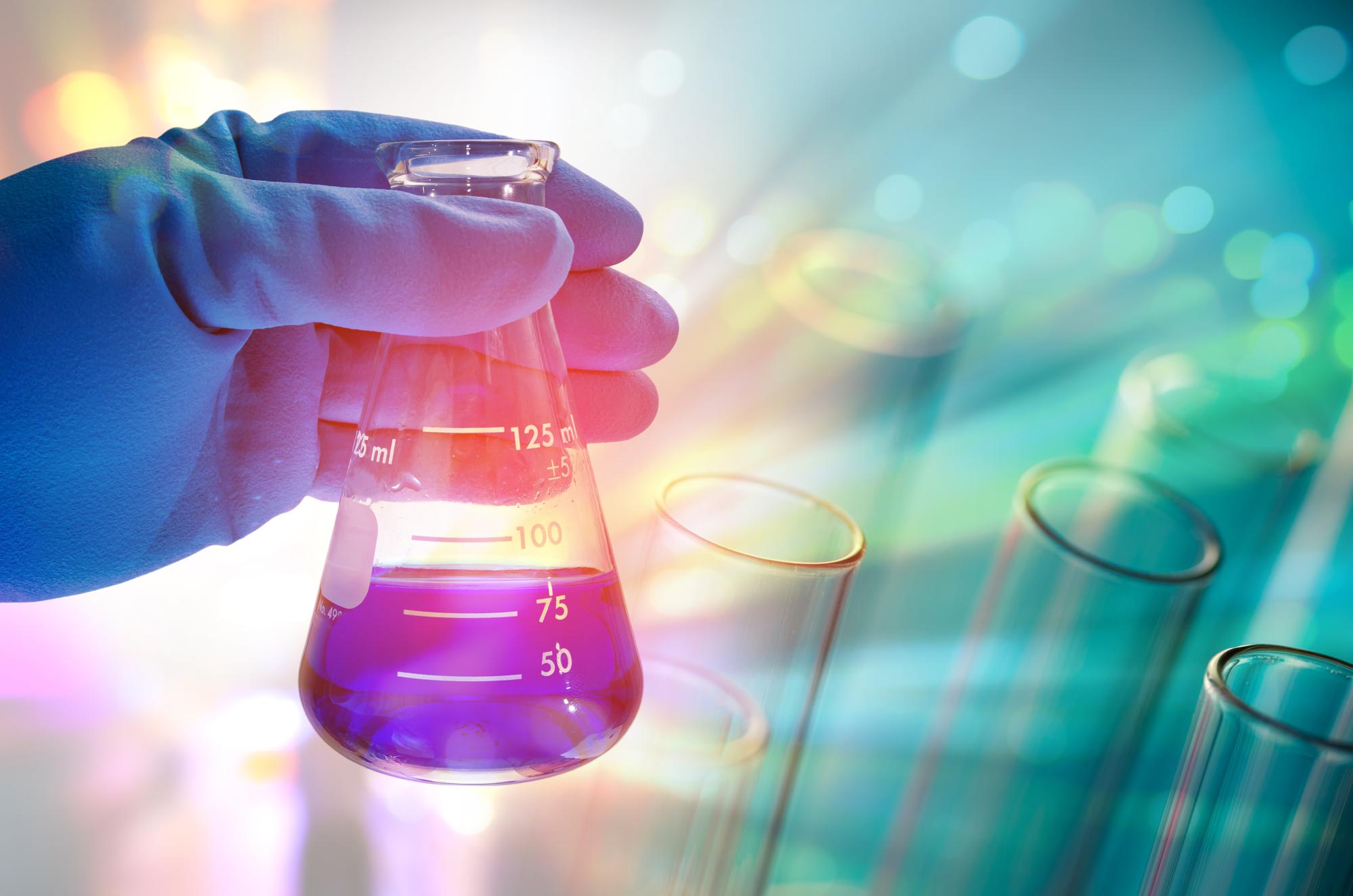The use of chemicals in various industrial processes is essential for the production of goods and services. From manufacturing to agriculture, chemicals play a vital role in enhancing efficiency, quality, and safety. However, the widespread use of chemicals also raises significant environmental concerns. This article explores the applications of chemicals in industry and the environmental effects associated with their use.
Chemical Applications in Industry
1. Manufacturing
Chemicals are extensively used in manufacturing processes to produce a wide range of products. Some key applications include:
- Plastics and Polymers: Chemicals such as ethylene, propylene, and styrene are used to produce plastics and polymers, which are essential in the production of packaging materials, automotive parts, and electronics.
- Pharmaceuticals: Chemicals are used to synthesize and formulate drugs, ensuring their effectiveness and safety.
- Metallurgy: Chemicals are used in metal refining, coating, and corrosion prevention to improve the quality and durability of metal products.
- Textiles: Chemicals are used in dyeing, printing, and finishing processes to enhance the color, texture, and durability of fabrics.
2. Agriculture
In agriculture, chemicals are used to improve crop yields and protect plants from pests and diseases. Key applications include:
- Fertilizers: Chemical fertilizers provide essential nutrients to plants, promoting growth and increasing yields.
- Pesticides: Chemical pesticides are used to control pests and diseases, protecting crops and ensuring food security.
- Herbicides: Chemical herbicides are used to control weeds, reducing competition for nutrients and water.
3. Energy Production
Chemicals play a crucial role in energy production, particularly in the extraction, processing, and refining of fossil fuels. Key applications include:
- Drilling Fluids: Chemicals are used in drilling fluids to lubricate and cool drilling equipment, as well as to maintain well stability.
- Fracking Fluids: Chemicals are used in hydraulic fracturing to extract oil and gas from shale formations.
- Refining: Chemicals are used in the refining process to separate and purify crude oil into various products such as gasoline, diesel, and jet fuel.
4. Water Treatment
Chemicals are essential in water treatment processes to ensure the safety and quality of water for various uses. Key applications include:
- Disinfection: Chemicals such as chlorine and ozone are used to disinfect water, eliminating harmful pathogens.
- Coagulation and Flocculation: Chemicals such as alum and ferric chloride are used to remove suspended solids and impurities from water.
- pH Adjustment: Chemicals are used to adjust the pH of water to ensure it is suitable for specific applications.
Environmental Effects of Chemicals in Industry
1. Water Pollution
The release of chemicals into water bodies can lead to significant pollution. Common pollutants include:
- Heavy Metals: Heavy metals such as lead, mercury, and cadmium can contaminate water and pose serious health risks to humans and wildlife.
- Organic Compounds: Organic compounds such as polychlorinated biphenyls (PCBs) and polycyclic aromatic hydrocarbons (PAHs) can persist in the environment and cause long-term ecological damage.
- Nutrients: Excessive nutrients from fertilizers can lead to eutrophication, causing algal blooms and depleting oxygen levels in water bodies.
2. Air Pollution
The emission of chemicals into the atmosphere can have significant environmental and health impacts. Common pollutants include:
- Volatile Organic Compounds (VOCs): VOCs can form ground-level ozone, contributing to smog and respiratory issues.
- Sulfur Dioxide (SO2): SO2 emissions can lead to acid rain, which can damage forests and aquatic ecosystems.
- Nitrogen Oxides (NOx): NOx emissions can contribute to the formation of ground-level ozone and particulate matter, causing respiratory and cardiovascular problems.
3. Soil Contamination
The use of chemicals in agriculture and industry can lead to soil contamination, affecting soil health and crop productivity. Common contaminants include:
- Pesticides: Pesticides can accumulate in soil and affect soil microorganisms, reducing soil fertility.
- Heavy Metals: Heavy metals can accumulate in soil and be taken up by plants, posing risks to human health when consumed.
- Salts: Excessive use of fertilizers can lead to soil salinization, reducing soil productivity and affecting plant growth.
4. Waste Management
The improper disposal of chemical waste can have significant environmental impacts. Common issues include:
- Landfills: Chemical waste in landfills can leach into soil and groundwater, causing contamination.
- Incineration: Incineration of chemical waste can release harmful pollutants into the atmosphere.
- Recycling: Proper recycling and treatment of chemical waste can help reduce environmental impacts, but these processes require careful management.
Mitigating Environmental Impacts
1. Regulatory Measures
Governments and regulatory bodies play a crucial role in mitigating the environmental impacts of chemicals. Key measures include:
- Environmental Standards: Setting and enforcing strict environmental standards for the use and disposal of chemicals.
- Monitoring and Reporting: Regular monitoring and reporting of chemical emissions and waste management practices.
- Penalties and Incentives: Implementing penalties for non-compliance and providing incentives for environmentally friendly practices.
2. Technological Innovations
Advancements in technology can help reduce the environmental impacts of chemical use. Key innovations include:
- Green Chemistry: Developing and using chemicals and processes that are less harmful to the environment.
- Waste Reduction: Implementing more efficient processes to reduce the generation of chemical waste.
- Recycling and Reuse: Developing methods for the recycling and reuse of chemical waste.
3. Sustainable Practices
Adopting sustainable practices can help minimize the environmental impacts of chemical use. Key practices include:
- Integrated Pest Management (IPM): Using a combination of biological, cultural, and chemical methods to control pests and reduce the use of chemical pesticides.
- Precision Agriculture: Using precision technology to optimize the use of fertilizers and reduce nutrient runoff.
- Eco-friendly Products: Developing and using eco-friendly products that are biodegradable and have minimal environmental impact.
Conclusion
The use of chemicals in industry is essential for the production of goods and services, but it also poses significant environmental challenges. By understanding the applications and environmental effects of chemicals, stakeholders can take proactive measures to mitigate these impacts. Governments, industries, and consumers must work together to promote sustainable practices and ensure the responsible use of chemicals. Through regulatory measures, technological innovations, and sustainable practices, it is possible to balance the benefits of chemical use with the need to protect the environment.




No comment